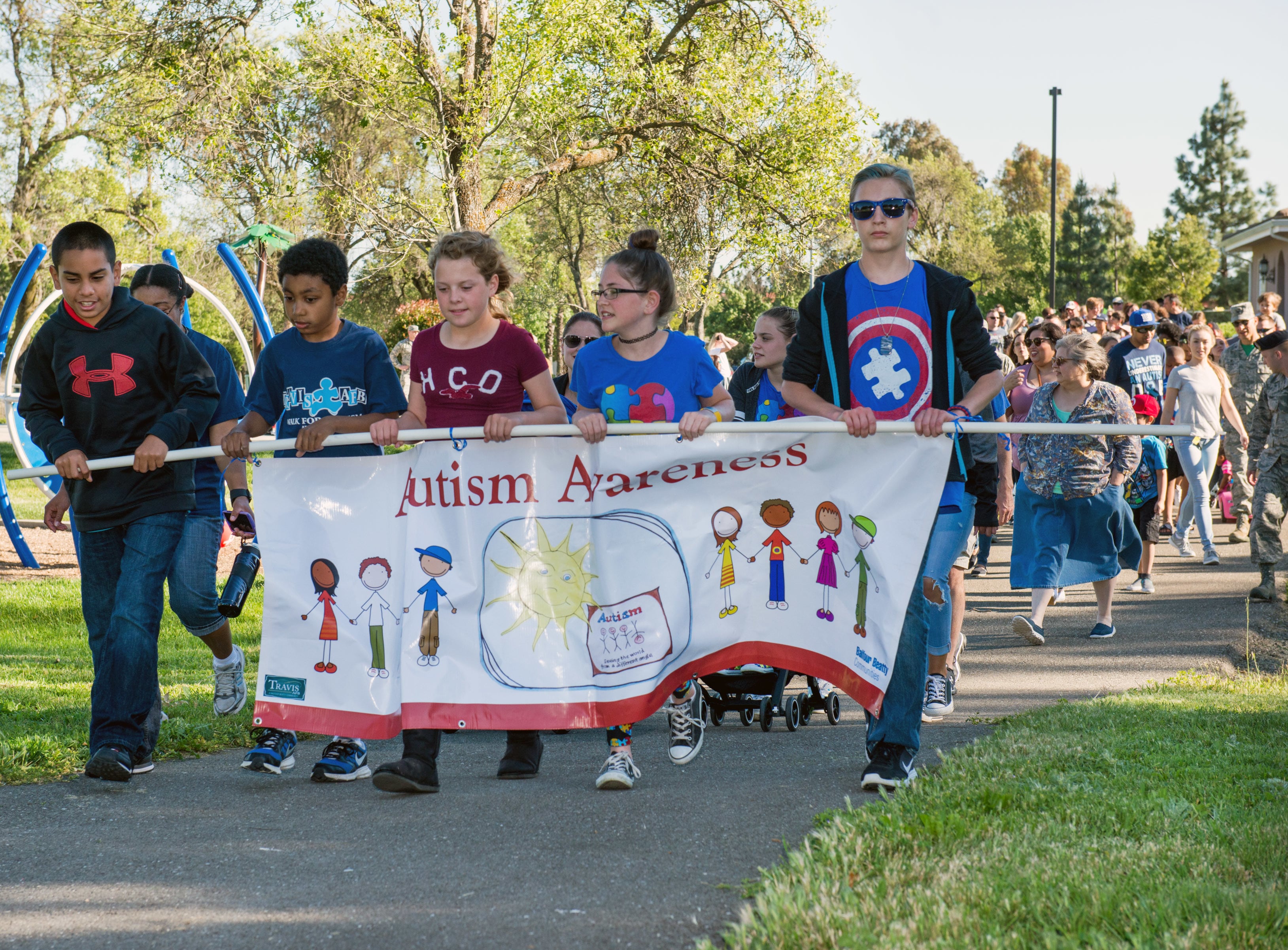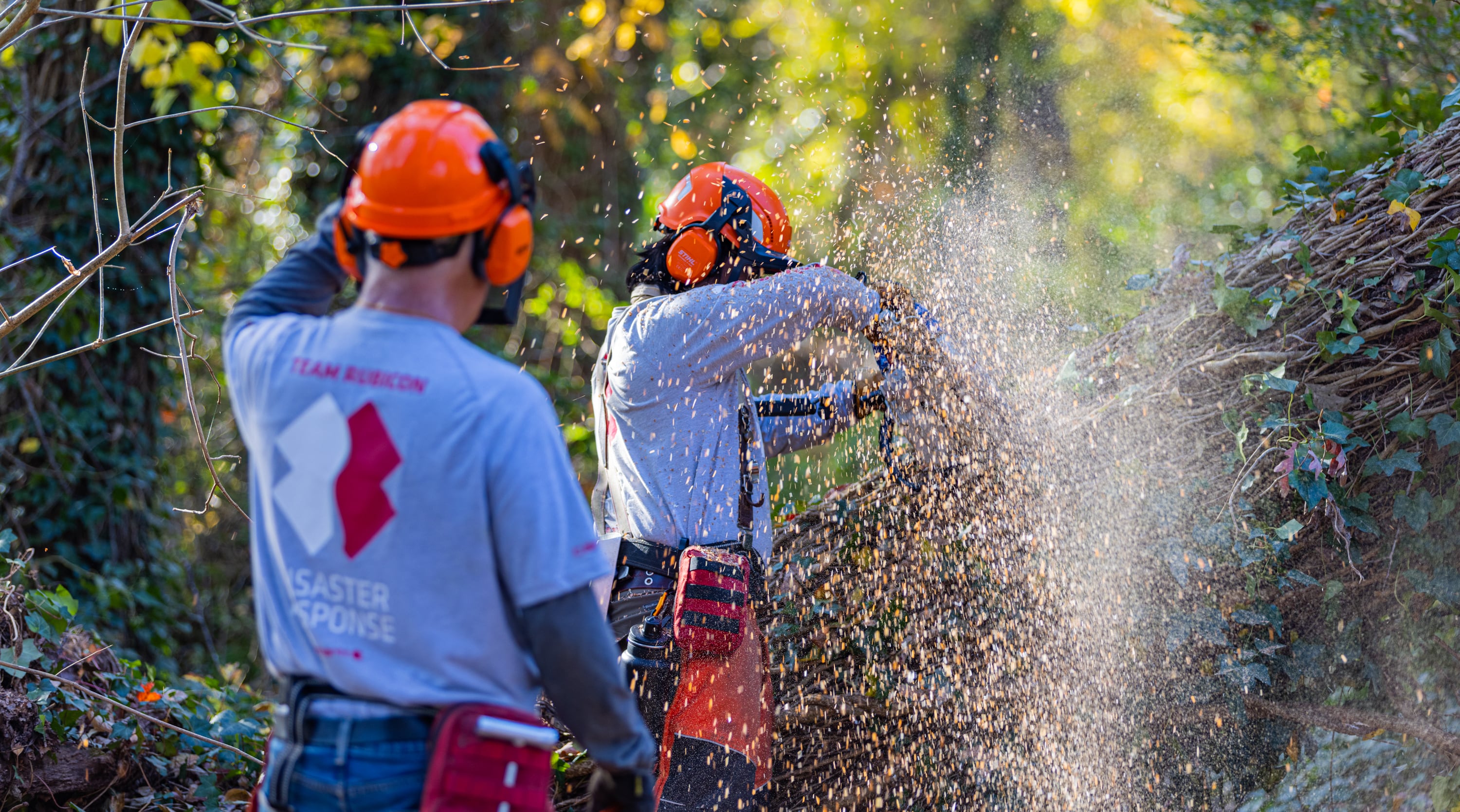The profession of being a soldier means you are a professional every hour, all the time, said the Army's top officer in a panel discussion Monday. Those who can't enforce the changing norms within the Army should leave, he said.
"The professional ethic is not a 9-to-5-ethic. It's a 24-hour, seven-day-a-week ethic," said Army Chief of Staff Gen. Raymond Odierno. "It has to be a lifelong ethic."
The chief was among the speakers at the panel discussion "Living the Army Ethic — Why and How We Serve," a Contemporary Military Forum at the AUSA gathering in Washington, D.C., on Monday. The theme of this year's conference is "Trusted Professionals: Today and Tomorrow."
"Young people come up to me and say 'I'm a great soldier 9 to 5. Shouldn't I be able to kinda be on my own after that?' " Odierno said. "No. Our profession doesn't tolerate that. Our profession is one that requires you to understand that everything you do reflects on your profession, reflects on who you are, reflects on those who rely on you to do very difficult missions."
The Army's top enlisted soldier used his own experience to show what it means to transform into part of the Army profession.
"I was hard-headed punk, with a hard upbringing, listless" before joining the Army, said Sergeant Major of the Army Raymond Chandler. "Many are in same boat. ... 'What do we belong to?' Being a soldier is about being a part of the team. We build a bond that becomes a team on the battlefield."
He quoted former Staff Sgt. Ty Carter, a recent recipient of the Medal of Honor, who said "there is no stronger bond than a group of soldiers on the battlefield."
"We fight for one another," Chandler said. "Why we join is a far cry from why we fight."
The Army, and its soldiers, must keep step with cultural shifts in the U.S., Odierno said. He knows how far the Army has come: When he was new in the service, a certain location where he served — that he said he wouldn't name — had a bar with exotic dancers, and young officers would drink alcohol at lunchtime, he said. Within five years of that time, the culture began to shift.
He used as examples the repeal of "don't ask, don't tell" and the progress in expanding roles for women in the Army.
"Societal norms are changing. We have a responsibility as stewards of the institution to enforce the laws of the nation and decisions that have been made. That's a tough decision. But that's what being a professional is. We are responsible for sustaining the profession under the rules of our society, the rules of our nation, rules we are sworn to defend," Odierno said. "We have to put personal beliefs aside even though sometimes that is very difficult for some people."
On women's roles in the Army, he said, "As that moves forward ... it's our responsibility to enforce it and if we don't like it, frankly we have to leave the profession. Because that's our responsibility."
A female NCO in the audience asked how an exhibitor at the convention could hand out calendars that "objectify" women alongside products that the Army might buy, and what that says about the culture.
"We have to be much more aggressive at changing our culture," Odierno said. "We want an Army that all people can serve in comfortably and prove themselves individually. It takes all of us to police that."
Chandler added, "We want to be the role model for the nation in treating people with dignity and respect." He thanked the NCO for asking the question, saying, "I'm proud of you for that."
In asking a group of captains recently what is most important to them, Odierno said, they responded that they wanted to believe the Army is made up of trusted professionals.
"As leaders we have to be able to trust those above us and below us to do what's right according to the moral and ethic values of our nation and our Army. Sometimes those are really difficult things to do," Odierno said. "We all face ethical dilemmas. You have to make decisions. When you make decisions, you got to be molded by years and years of understanding what the ethic means to you and to the institution. It's inherently part of what we are, what makes us different from other armies. On a day to day basis we understand we have to represent our profession and the ethic it represents. It must be inherent in everyone who serves."
A project to write and approve a one-page statement of the Army ethic is underway, said panel member Don Snider, senior fellow at the Center for the Army Profession and Ethic, and retired infantry officer, who is working on the document with others.
It will consist of several principles that guide soldiers. Snider said he thinks of the Infantry Creed, which he calls "immensely inspiring."
"This is a difficult challenge. The Army will tell us if we got it right, and if we didn't we'll go back and do it again," Snider said.
"It's incredibly important that we understand what that ethic is," Odierno told the audience. "I can think of no other profession where we are given the responsibility to defend our nation and take other people's lives. That's an incredibly serious, serious mission. In order to do that it's incumbent on us to ensure that we represent the moral and ethical values of the nation, that we display those on a regular basis. That's the strategic view.
"The tactical view is that we must be able to rely on each other every single day. The foundation of our profession, our ethic, is trust. That trust inherent in us being successful can never be violated. "
Kathleen Curthoys is editor of Army Times. She has been an editor at Military Times for 20 years, covering issues that affect service members. She previously worked as an editor and staff writer at newspapers in Columbus, Georgia; Huntsville, Alabama; Bloomington, Indiana; Monterey, California and in Germany.





